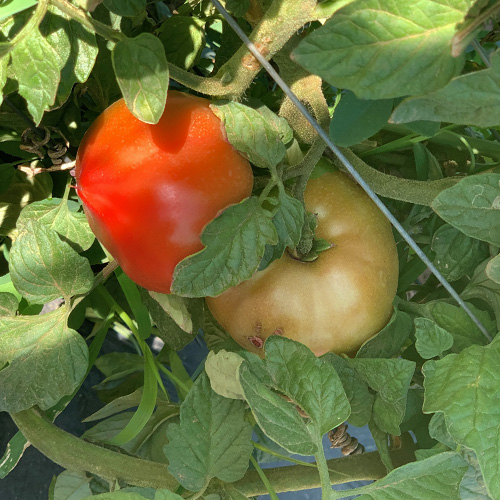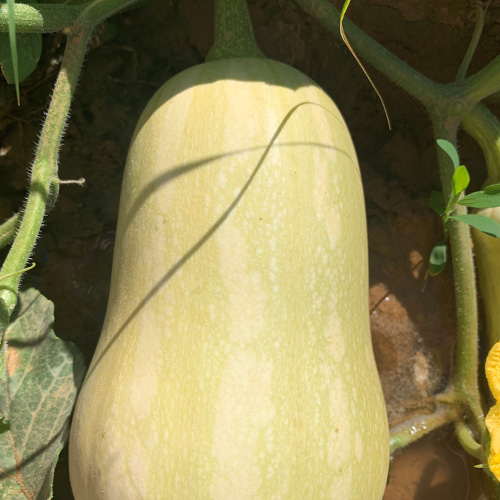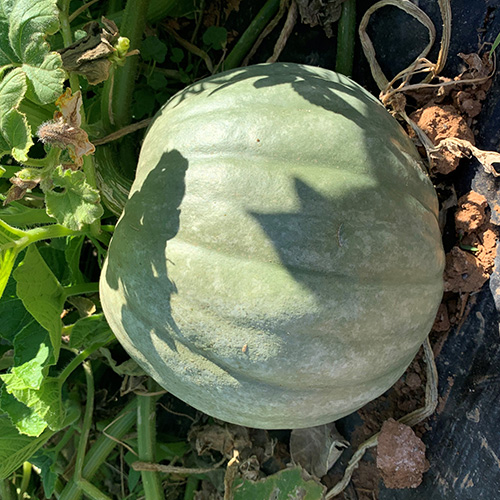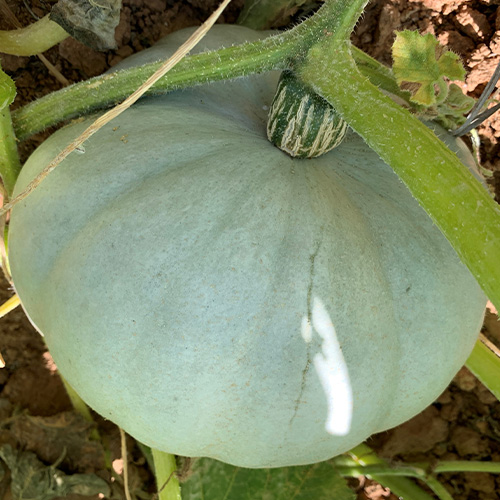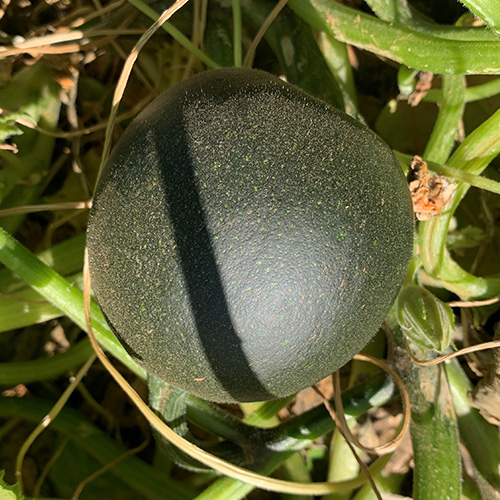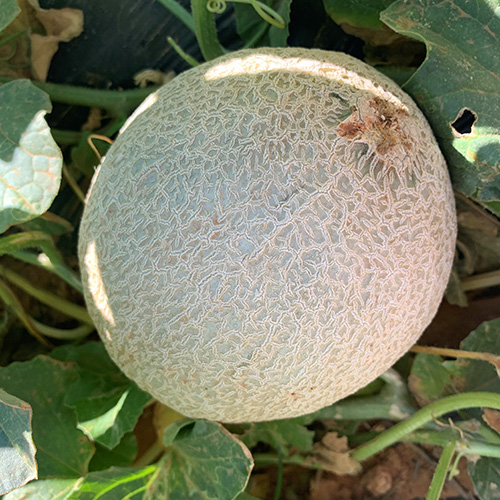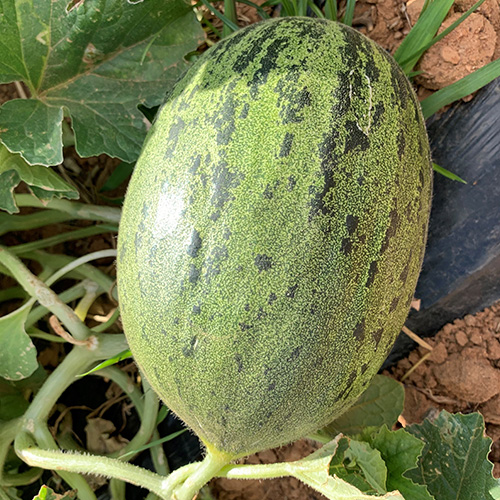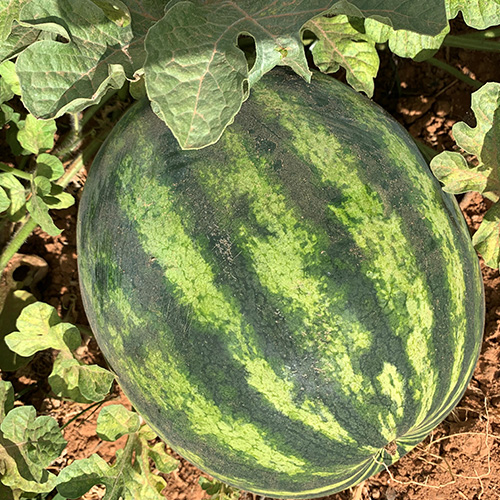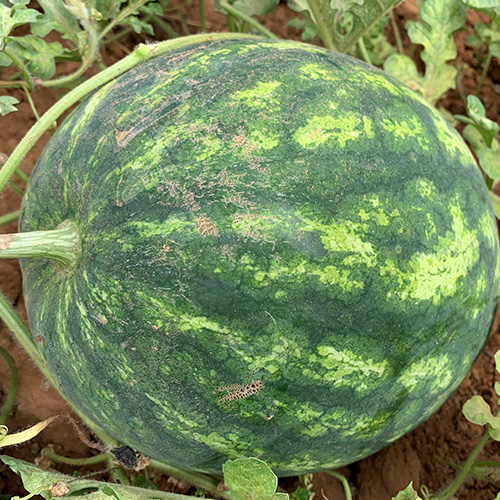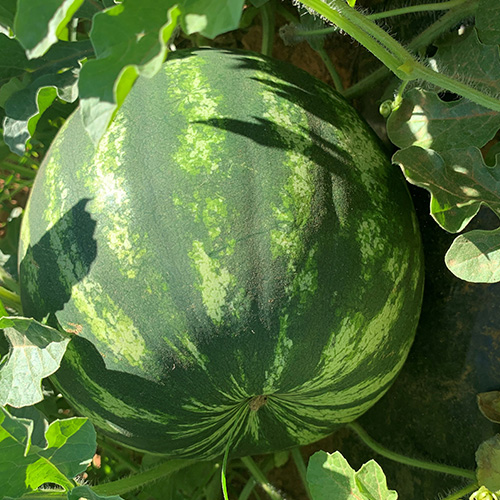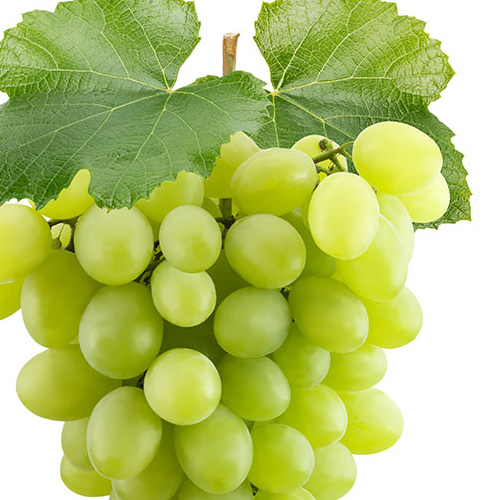
CONTINUITY OF QUALITY
HIGH SOIL QUALITY AS AN IMPORTANT BASIS
Cederberg Farming follows a quality-adherence approach. The high-quality and deep soils of Cederberg Farming’s land is the stable basis for high-quality production. The fact that the soil is nutritionally balanced, very fertile by nature and has an outstanding water-holding capacity, translates directly into better product quality and shelf life.
STABLE AND MODERATE CLIMATE
The Trawal Valley enjoys climatological advantages over other early regions. Compared to other early production areas it has a more moderate and stable climate that provides for a continuous supply of high-quality table grapes and vegetables.
ADVANCED PRODUCTION EQUIPMENT AND FACILITIES
The production equipment and facilities are also fully geared for high-quality production. After the acquisition of the land property, a new, modern irrigation system was installed. A completely new crop structure was established for table grapes and a packhouse that is compliant with all relevant food safety standards and enables packing under temperature-controlled conditions was built. Professional precooling equipment and cold stores were built to provide for optimal post- harvest handling and a closed cold chain right after packing. These factors enable Cederberg Farming to achieve a superior product quality.
QUALITY PACKAGING
In the field of packaging, Cederberg Farming uses high-quality material not only to ensure a high-quality appearance, but also to preserve the internal and external quality of the product during transport. This ensures a quality advantage. A comprehensive quality-control system ensures consistent quality. Quality controls are executed in the field, at the in-bound packhouse, during packing, after packing and on arrival at end customers.
PROXIMITY TO CAPE TOWN
Also the fact that Cederberg Farming’s production operation is located relatively close to Cape Town, and that the harbor and main local market can be reached via an almost fully renewed road infrastructure has a positive impact on the product quality.
CONTINUITY OF AVAILABILITY
Cederberg Farming aims to meet supply programs over a long period and thus be a reliable partner for its customers. In agriculture, unexpected weather conditions and diseases are the main threats to stable production volumes, which are required to provide continuity in a supply program.
PROFESSIONAL CROP PROTECTION
The fact that Cederberg Farming is located in an area with a stable climate with a limited risk of rain, hail or frost during the production period is a great advantage. To further mitigate the risk of production loss, the full table grape production surface is covered with a net system which protects the harvest from sun or hail damage. In combination with the sprinkler irrigation system, the net system also creates a moderate climate that protects the crop from heat damage during hot periods. Varieties that are susceptible to rain damage are covered with plastic to prevent production loss caused by rain.
COMFORTABLE WATER AVAILABILITY
In the Trawal area many farmers have limited water rights and water storage capacity, and therefore depend on regular rainfall in the main water catchment areas. If the annual winter rains are delayed or rainfall is lower than expected, production is at risk, frequently resulting in production losses. Cederberg Farming’s excellent water availability and quality, and extensive water-storage capacity (100,000 m3) virtually eliminates the risk of production loss due to water shortage.
YEAR-ROUND CROPPING PLAN
The design of the cropping plan also ensures supply continuity. By spreading production over nearly the entire year, customers can be supplied with various products almost year round. This ensures customer contact is maintained throughout the year, enhancing the establishment of sustainable partnerships with customers.
COMPETITIVE PRICING
Cederberg Farming strives towards a competitive price-performance ratio. This means cost savings are never introduced at the expense of quality, for example by making quality compromises in the field of production inputs or packaging. Instead Cederberg Farming achieves a competitive cost price by creating as much efficiency as possible in the organisation and along the entire value chain.
MODERN SYSTEMS
The implementation of automated systems plays a crucial role when it comes to internal processes. Real-time monitoring and analysis of work and production processes such as crop preparation and packing activities help to achieve a high level of efficiency in the organisation.
INPUT MANAGEMENT
Targeted water and electricity usage prevents wasting costly resources. The optimal production climate and excellent soil quality, provide Cederberg Farming with a cost price advantage over producers in many other production areas where a less favourable production climate demands costly crop manipulation and more fertiliser and chemical inputs.
SHORT SUPPLY CHAIN
The supply chain is kept as short as possible. By coordinating export and sales activities with end customers directly from the farm and head office in the Netherlands, costs for the services of external sales and export agents are avoided for both local and export sales.
From a logistic point of view, Cederberg Farming’s proximity to Cape Town means an important transport cost price advantage over producers in other early-production regions. Cape Town is South Africa’s main port for vegetable and fruit cargo. It has excellent direct sea freight connections to all the main export markets in Europe, and the Far and Middle East. Cape Town is also an important distribution location for leading local supermarkets. For local sales, this logistical advantage not only translates into more favourable transport costs, but also into a faster speed to market. This means freshness on arrival, a longer shelf life and less waste for customers, factors that are perceived as a direct purchase cost advantage in the fruit and vegetable industry. The above factors enable Cederberg Farming to offer a superior product at a competitive price level.
DISTINCTION ON PRODUCT LEVEL
TABLE GRAPES
Distinction on product level can be especially achieved in the field of red grapes. The climatological peculiarities and microclimate of the Trawal area, and Cederberg Farming’s production location are highly favourable for the production of red grapes. The big difference between day and night temperatures provide for outstanding colouring with limited chemical input. This way, Cederberg Farming is able to produce a high-end range of fully coloured red grapes. They form the backbone of Cederberg Farming’s table grape assortment.
With regards to the remaining assortment, distinction is especially realised in the field of product size. Due to difficult weather conditions, early-production regions frequently face challenges when it comes to realising an extra-large berry size and sufficient bunch weight. Cederberg Farming therefore has geared its production practices towards an extra-large/ extra-extra-large berry size, packed loose in 4.5 kg cartons. This product is particularly suitable for the high-end lines of specialty stores and service supermarkets.
This distinction at product level is supported by a consistent branding approach that was pursued by Cederberg Farming right from the start.
VEGETABLES
With the vegetable assortment, Cederberg Farming draws on the earliness of the Trawal Valley. The focus is on a specific assortment of pumpkins and melons that will be complemented by a range of niche products such as beans that are currently produced in a trial set-up. Due to the relatively mild winters and early springs, the Trawal area is suitable for producing these crops in a period where supply is limited.
Cederberg Farming is able to fill this supply gap by utilising the speed to market and its available packhouse facilities. Main distribution centres in Cape Town can be provided with a vegetable assortment in small consumer packaging units on a daily basis.
SUSTAINABLE PROFILE
Two sustainability topics are serving as the framework for Cederberg Farming’s sustainability initiatives.
IMPLEMENTATION OF RESPONSIBLE FARMING PRACTICES
Approach towards Integrated Pest Management
When it comes to the management of chemical inputs, a good overall understanding of the local ecosystems and how to protect them is essential to prevent the negative effects of production activities on the environment. In the field of pest control the implementation of continuous monitoring systems is key. They provide the management of Cederberg Farming with important knowledge about the activity of certain pest populations in the area. Detecting activity at an early stage makes it possible to utilise the most selective chemicals with a very short breakdown period. In contrast to systemic chemicals, which affect both plants and the environment, selective chemicals target only the specific pest. Biological inputs are utilised for pest control wherever possible. A composting site will be established this year to recycle organic vegetable waste. The compost will be used for natural soil improvement. In the coming years the integrated pest management approach will be further intensified. A project was recently initiated to preserve the local bee populations. This contributes to a healthy ecosystem while at the same time benefiting the pollination of the vegetable crops.
Responsible water management
In the field of water management the implemented irrigation system provides for a targeted release of water in line with the specific physiological growing stage of the various plants. The evapotranspiration and resulting water requirement is calculated on a weekly basis. Based on these calculations the water dispensation is adjusted to the exact water requirement. The water-holding capacity of the soil and depth of the root system of the plants are also crucial to ensure that the water provided is utilised to the maximum. Strict weed management ensures that the cover crops keep the soil moist without competing with the main crops for water.
Power from renewable sources
The planned implementation of solar panels will ensure that a substantial part of the required electricity is obtained from a renewable source. This will also have a positive effect on water management. By covering the holding dams with solar panels water evaporation is prevented.
IMPLEMENTATION OF SOCIAL INITIATIVES
Daycare facility
At Cederberg Farming social initiatives were implemented right from the start. The improvement of the role of women in the South African business environment is a core focus point. With the support of the TRIA Foundation, a child daycare facility was established on the farm. This makes it possible for women to work, develop additional skills and become part of the professional business environment. At the daycare facility, preschool education is provided for farm workers’ children from a young age so they are at the same level as children from better-off families once they enter the South African school system.
Unhealthy lifestyles and eating habits are a big problem, especially in underprivileged families. The provision of healthy meals and creating awareness of the importance of a healthy lifestyle are other important focus points at Cederberg Farming’s daycare facility.
Empowerment of women in business
Gender inequality remains a big problem in South African society. Despite their capabilities, women often do not have access to top positions. Cederberg Farming however puts great emphasis on the empowerment of women in the organisation so as to create a balanced gender representation. Special attention is paid to internal staff training and education programs.
Improvement of living standards
Cederberg Farming has also put huge effort into improving the general living conditions of its employees. Permanent staff members and their families are provided with above-average housing, including small gardens, electricity and running water.

Handelscentrum ZHZ 40h
2991 LD Barendrecht
THE NETHERLANDS
+31 (0) 180 64 62 70

